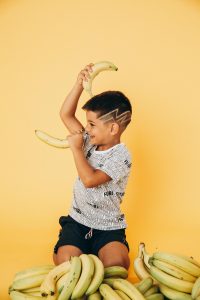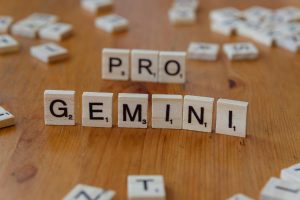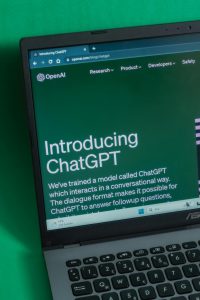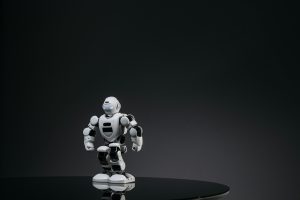I Just Discovered a Frightening Aspect of AI That Completely Goes Unmentioned
The Hidden Cost of AI: The Vanishing Experience of Boredom and Its Impact on Creativity
In recent discussions about artificial intelligence, a concerning realization has emerged—something that often goes unnoticed in the conversation. It’s not just about job automation; it’s about a fundamental aspect of our human experience that is disappearing: the ability to be truly bored.
Reflect for a moment. When was the last time you experienced genuine, deep boredom—moments when your mind wanders freely without any stimulation? If you’re like most people, that memory might be fuzzy. Today, as soon as boredom creeps in, our instinct is to reach for our smartphones. And with AI and content algorithms readily available, instant entertainment is just a few taps away.
Here’s the crux of the matter: Boredom is the birthplace of creativity. Historically, many breakthrough ideas and artistic masterpieces have emerged during periods of idle reflection. Think of Einstein pondering the universe during long walks, J.K. Rowling conceiving Harry Potter on a delayed train, or Charles Darwin forming his theories during solitary strolls. These moments of unstructured thought—rooted in boredom—were fertile ground for innovation.
Humans have evolved to thrive in boredom by engaging in imaginative thinking, connecting disparate ideas, and creating anew. This process is intrinsic to our nature and essential to progress.
However, AI’s capabilities threaten to eliminate these moments. AI is endlessly patient, infinitely creative, and always available. Why risk your brain’s natural wandering when a TikTok algorithm or a streaming service can entertain you instantly?
The troubling consequence is that future generations may grow up never experiencing the discomfort or stillness that sparks creative insights. We’ve created a world where boredom is nearly obsolete, but at what cost?
It’s worth noting that AI systems are trained on human-generated content—much of that creativity originating from our moments of boredom. If boredom disappears, and with it the fertile ground for original thought, what data will AI learn from next? Could we be inadvertently stifling the very creativity that fuels innovation?
As we navigate this new era, it’s critical to consider what we may be sacrificing—creativity, curiosity, and the capacity for original thought. We might just be running headlong into a future where the most human trait—our ability to be bored and to create from it—is lost forever.
Are we unwittingly walking into an irreversible transformation? The challenge now is to find a balance that preserves our innate capacity for innovation amid rapidly














Post Comment